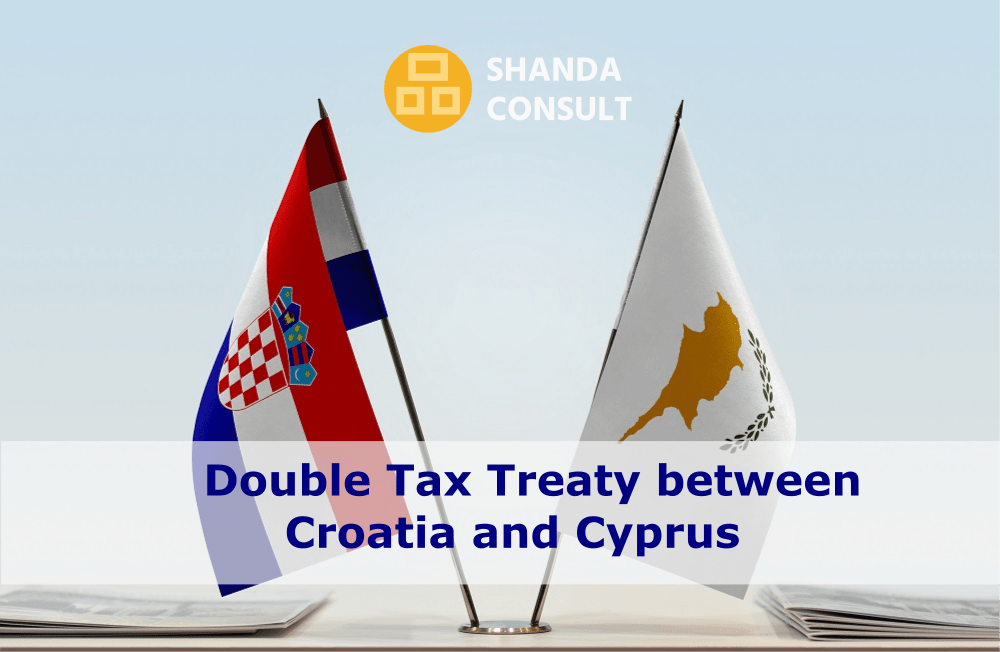Double Taxation Treaty signed between Cyprus and Croatia
On October 17, 2023, Croatia and Cyprus signed the “Treaty,” which abolishes double taxation. The Treaty between Cyprus and the Socialist Federal Republic of Yugoslavia, which remained in existence during the dissolution of Yugoslavia, will essentially be replaced if it is approved.
Particularly in the aftermath of Croatia’s EU membership, the Treaty will help to further strengthen commercial and economic ties between the two nations. Additionally, it gives potential investors assurance and clarity on how their income and capital gains would be treated tax-wise.
The Treaty incorporates all the most recent standards for information exchange, mutual agreement procedure, and principal purpose test. It is based on the most recent version of the OECD Model Convention for the avoidance of double taxation and aligns with the recommendations of the BEPS Action Plan.
The following is a summary of the Treaty’s principal provisions:
Dividends: If the recipient is the beneficial owner of the dividend income, there will be a 5% withholding tax rate.
Interest: There is 0% withholding tax if the beneficiary of the interest income is the recipient, and if the interest is paid:
- in connection with the sale of any industrial, commercial, or scientific equipment on credit;
- in connection with the sale of any goods to another business on credit; or
- on any type of bank loan.
There is a 5% withholding tax in all other situations.
Royalties: 5% withholding tax in the event that the recipient is the royalties’ beneficial owner.
(NOTE: Regardless of the presence or terms of any double tax treaties, payments of interest or dividends to non-Cypriot resident physical or corporate persons are exempt from withholding tax under domestic Cypriot law. Furthermore, royalties derived from sources outside of Cyprus are not subject to withholding tax.
Capital gains: Gains from the alienation of shares (or similar interests, such as interests in a partnership or trust) that, at any point in the 365 days prior to the alienation, derived more than 50% of their value directly or indirectly from immovable property located in the other country may be subject to taxation in that other country for residents of one of the two countries.
Gains derived from the alienation of shares are exempt from this rule.
- when the alienator is a recognised pension fund;
- when the company is undergoing a corporate reorganisation;
- listed on an authorised stock market.
Principal Purpose Test: If, after taking into account all pertinent facts and circumstances, it is reasonable to conclude that obtaining such benefits was one of the main purposes of any arrangement or transaction that resulted in that benefit, then benefits under the Treaty may be denied with regard to that item of income or capital.
An important step that is anticipated to increase trade, commercial collaboration, and investments is the signing of the double tax treaty between Croatia and Cyprus.
For more information or assistance you may contact Shanda Consult Team directly!
